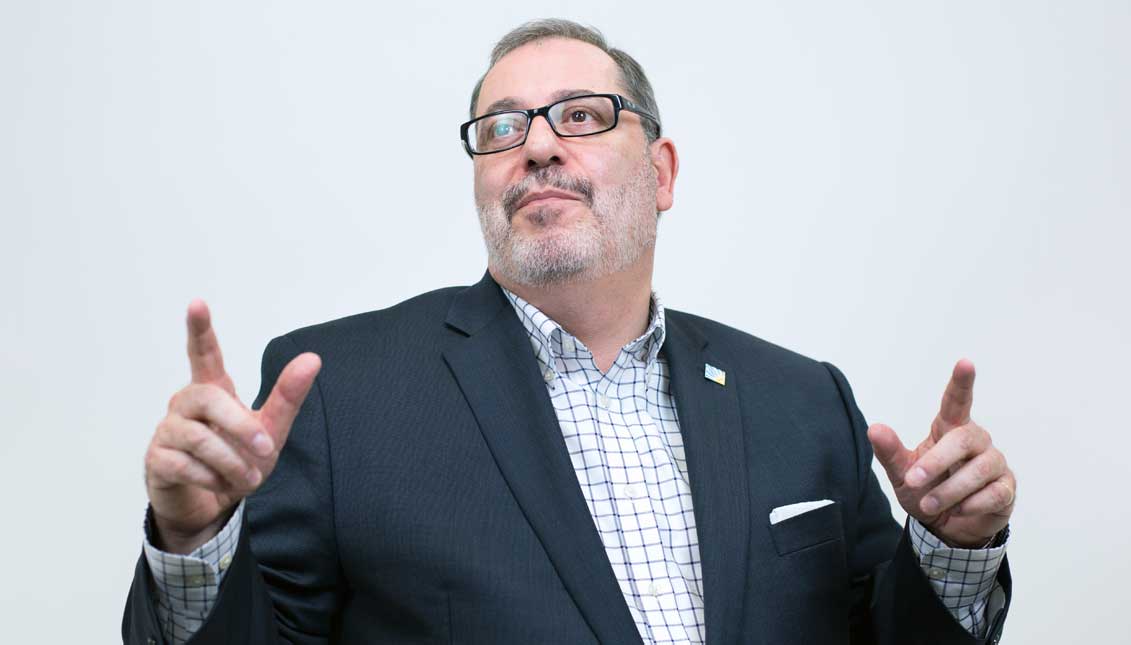
Rev. Luis Cortés: 'Social policy creates gentrification'
Through Esperanza, Rev. Luís Cortés has advocated for Latinos in Philadelphia for more than 30 years, spearheading initiatives to educate and empower the…
If there is one true thing you can say about Rev. Luis Cortés, he’s a man who is unafraid to make a stand.
This aspect of his personality has been clear since the reverend’s earlier days advocating for the Latino community in Philadelphia. To cite one example, to address the epidemic of crack cocaine in North Philly, Cortés would organize his fellow clergy members against known “crack houses,” or homes that drug dealers would use as bases to distribute their product.
To thwart the dealers’ ability to sell, members of both the Protestant and Catholic communities — working together — would stay in front of these homes on Fridays, singing songs, accompanied by a few police officers.
“We would have a block party in front of a crack house,” Cortés recalled during an interview with AL DÍA this summer. “They’d do no business on Friday.”
For more than three decades, Cortés has been advocating for Latinos in Philadelphia, most notably as CEO and President of Esperanza, an Evangelical faith-based organization that strives to address the unmet needs of the city’s Latino community. Located in Hunting Park, a neighborhood where more than 50 percent of the population is Hispanic, Cortés founded Esperanza in 1986.
Since its genesis, Esperanza has become a leading force in education in Philadelphia through institutions such as Esperanza College, which offers a two-year program as part of Eastern University, and Esperanza Academy Charter School. The organization also works to bolster economic development within the Latino community while providing various programs in areas including housing, workforce development, neighborhood revitalization, and immigration services.
Today, Esperanza has evolved into a national network of more than 13,000 Hispanic faith and community-based organizations, representatives of which convene annually in Washington, DC, for the National Hispanic Prayer Breakfast & Conference, the most recent of which was held in June. Since 2001, this bipartisan event has provided a space for national political officials to interact with Hispanic faith leaders. Both Presidents Barack Obama and George W. Bush have addressed the congregation. in the past. This year, Vice President Mike Pence, House Minority Leader Nancy Pelosi, and Speaker of the House Paul Ryan were among speakers at the conference.
Rev. Cortés came to Philadelphia in 1981 to teach theology after studying at the Union Theological Seminary in New York City, where he grew up in Harlem. He has authored five books and has been listed as one of Time magazine’s 50 Most Influential Evangelicals (2005). In 2017, he was named one of Philadelphia’s 100 most influential people by Philadelphia Magazine.
As Cortés has become a leading voice for the Latino community in the city, AL DÍA spoke with the reverend about what he perceives as some of the most impactful issues affecting Latinos in Philadelphia right now. One topic jumped to the forefront of the discussion: gentrification, and what Cortés sees as the City of Philadelphia’s role in exacerbating the displacement of many Latinos.
“Social policy creates gentrification,” Cortés said.
According to Cortés, the Latino community in North Philadelphia has been pushed farther and farther away from the city’s center for years, following a trend that has already happened in major cities such as New York, Chicago and Boston. He worries that soon the Latino community will be forced to migrate into the Far Northeast or outside of the city entirely.
“A good sign that you’re about to be gentrified is when your neighborhood changes names,” Cortés remarked. “It went from El Barrio to Art Museum. It went from El Barrio to Brewerytown. It went from El Barrio to Northern Liberties. Today we’re discussing Olde Kensington.”
Olde Kensington, which is located north of Northern Liberties and west of Fishtown, has experienced increased redevelopment in recent years.
“Olde Kensington has been the Hispanic community for about 60 years, but it’s not called the Hispanic community. It’s not called El Barrio,” Cortés continued. “The gentrifiers are calling it Olde Kensington. And they’re just saying, ‘Well, we’re just taking the opportunity to buy homes.’ No, social policy makes that opportunity possible.”
One policy Cortés is referring to is the city’s property tax abatement. Beginning in 2000, Philadelphia has offered 10-year property tax abatements on newly constructed real estate, preventing these homeowners from paying full real estate property taxes for a decade.
Cortés indicated that this program “allows someone to buy a $400,000 home and pay less taxes than the people who are living in Hunting Park, than the Latinos that live in Hunting Park.”
“Then the Latinos send their kids to school,” Cortés said. “And that person who bought a $400,000 home is not paying taxes for the children of our city to go to school.”
Meanwhile, supporters of the tax break argue that the policy is necessary to entice developers to consider investing in Philadelphia as the city is one of the most expensive building markets in the country.
If you’re worried about your neighborhood gentrifying, Cortés identified one telltale sign that it’s already too late.
RELATED CONTENT
“You know you’re in trouble when there’s a dog park license being requested,” he commented. “At that point you’ve lost the neighborhood because there’s already an organized group that feels it’s more important to have a park for their animals than for the young people who are in the community all along.
“Most of our neighborhoods lack parks,” Cortés continued. “To ask for a dog park is a specific… economic class request.”
Another city policy the reverend takes issue with? The soda tax, which was implemented in January 2017. As North Philadelphia has the highest percentage of daily soda drinkers in the city, the tax of 1.5-cents-per-ounce disproportionately burdens residents and businesses in those neighborhoods — or, as Cortés said, “black and brown people” — while the ultimate benefits of that tax, including educational initiatives like PHLpreK and revitalization efforts, are redistributed throughout the city.
“The redistribution is from the poor to the wealthy,” Cortés said, criticizing Mayor Jim Kenney and Philadelphia City Council for enacting the legislation.
“‘It’s good economic sense,’ is what they say,” Cortés said. “Is it? For whom? The current citizens or the ones they want in the future? It’s obviously the ones they want in the future.”
On gentrification, when asked whether he believes city officials are well-intentioned but off the mark or behaving maliciously, Cortés responded: “They know what’s happening so I could only assume that they want it to happen. Social policy is not made absent of an understanding of what it will produce.”
The reverend affirmed that “the disadvantaged Philadelphian” must be considered as part of the city’s growth rather than forced out.
“If you don’t have a planned program for them, it is malicious,” Cortés said. “It is intentional, because you know it’s gonna happen.”
One potential solution that Cortés is advocating for that he believes can prevent the gentrification of the Hispanic community is implementing a moratorium on property tax abatement in certain neighborhoods like Hunting Park.
“You want to build a house in our community? Pay taxes for our kids to go to school. You don’t get a tax break,” he said. “If we can get the moratorium, the developers will go around us. And if they go around us, we get to keep our neighborhood.”
Aside from working to change city policy, as the leader of Esperanza, Cortés is working to empower Latinos in Philadelphia with educational and economic opportunity to help stabilize these communities and bring them out of poverty. The reverend stressed the importance of encouraging those who have benefited from Esperanza’s services to give back, whether that means investing in the community or providing networking and employment opportunities to the next generation.
“Our job is to help people get out there and become successful,” Cortés said. “Then my job is to make them feel guilty so they can give some money back to the hood.”



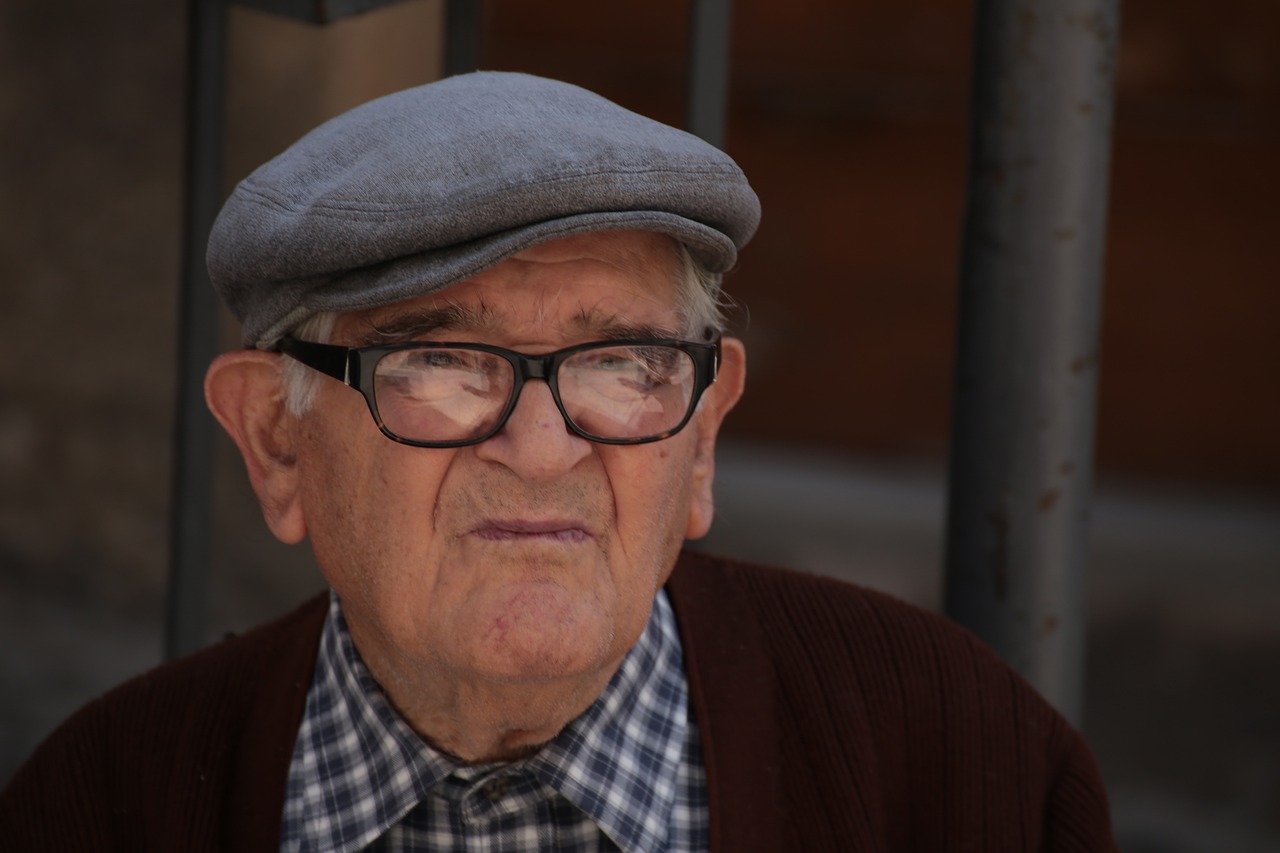
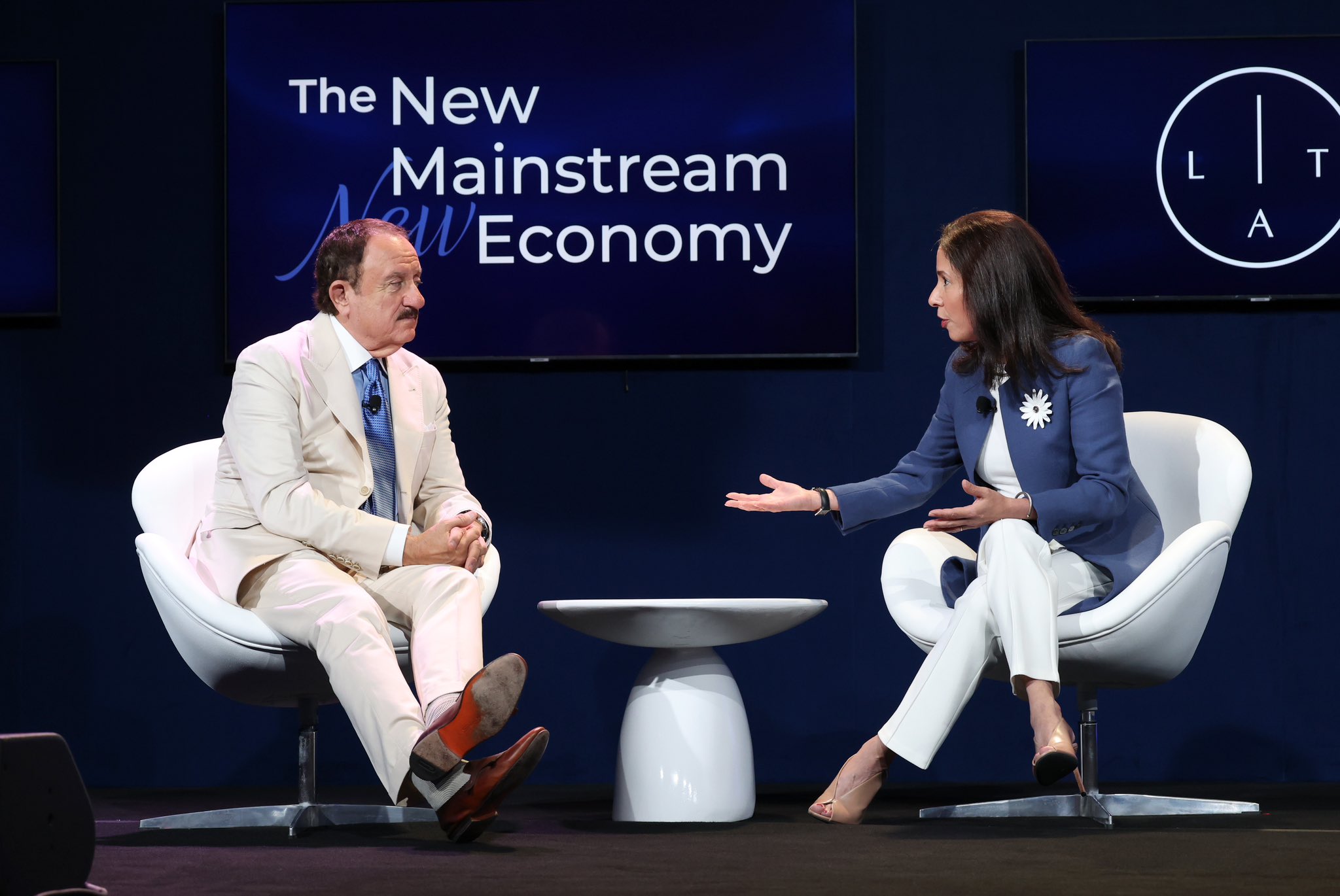

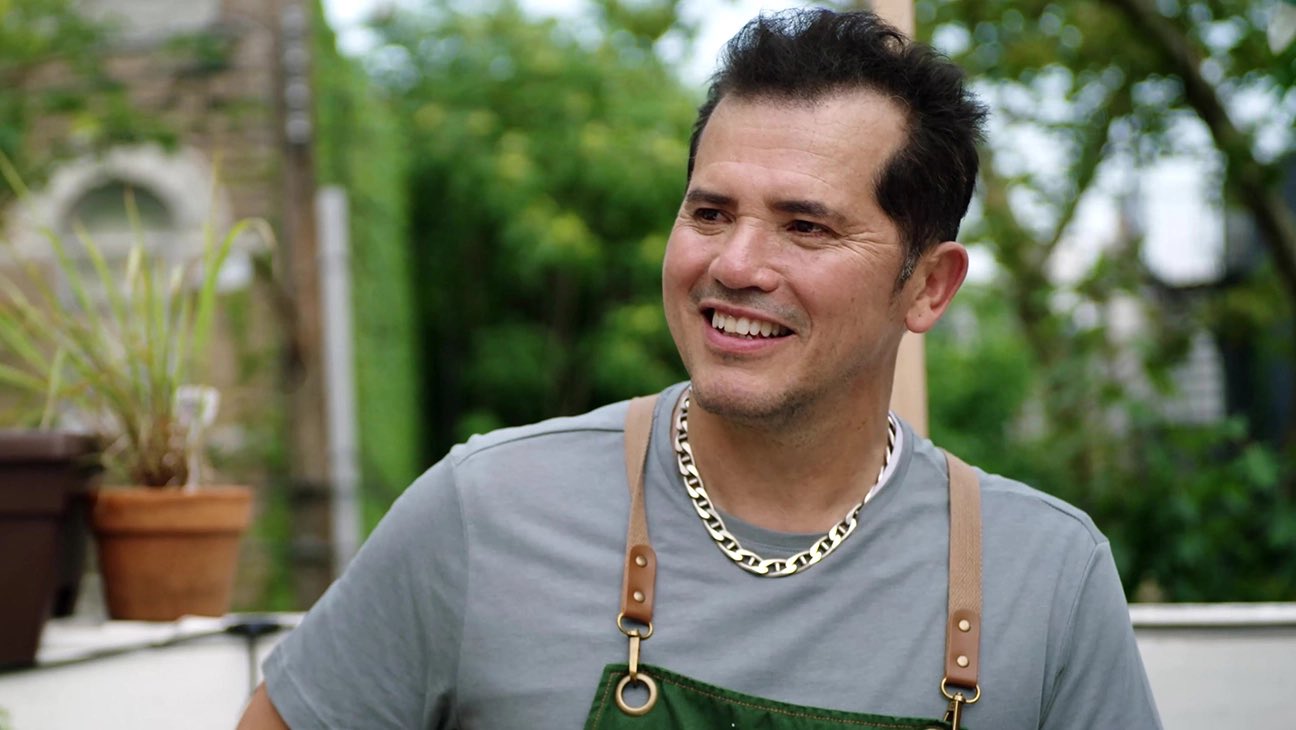

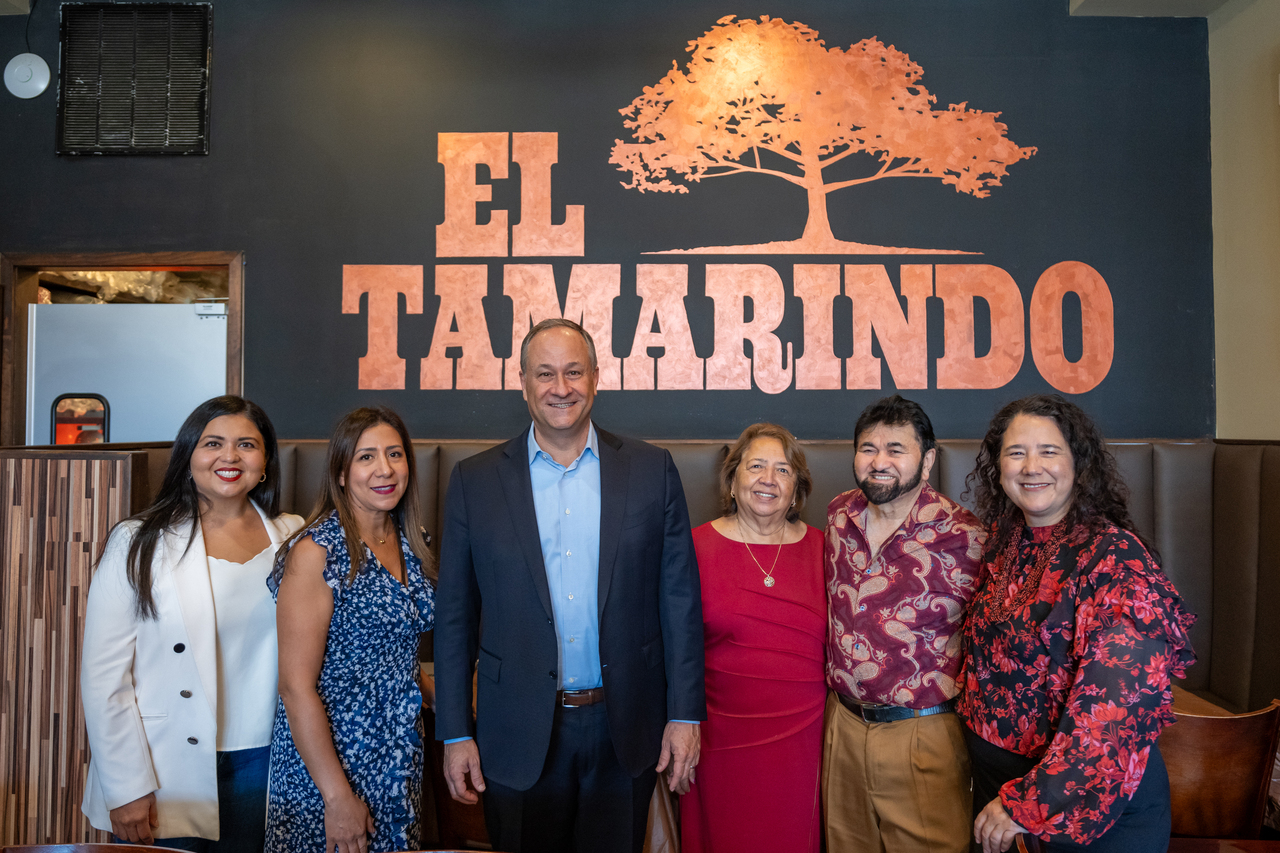
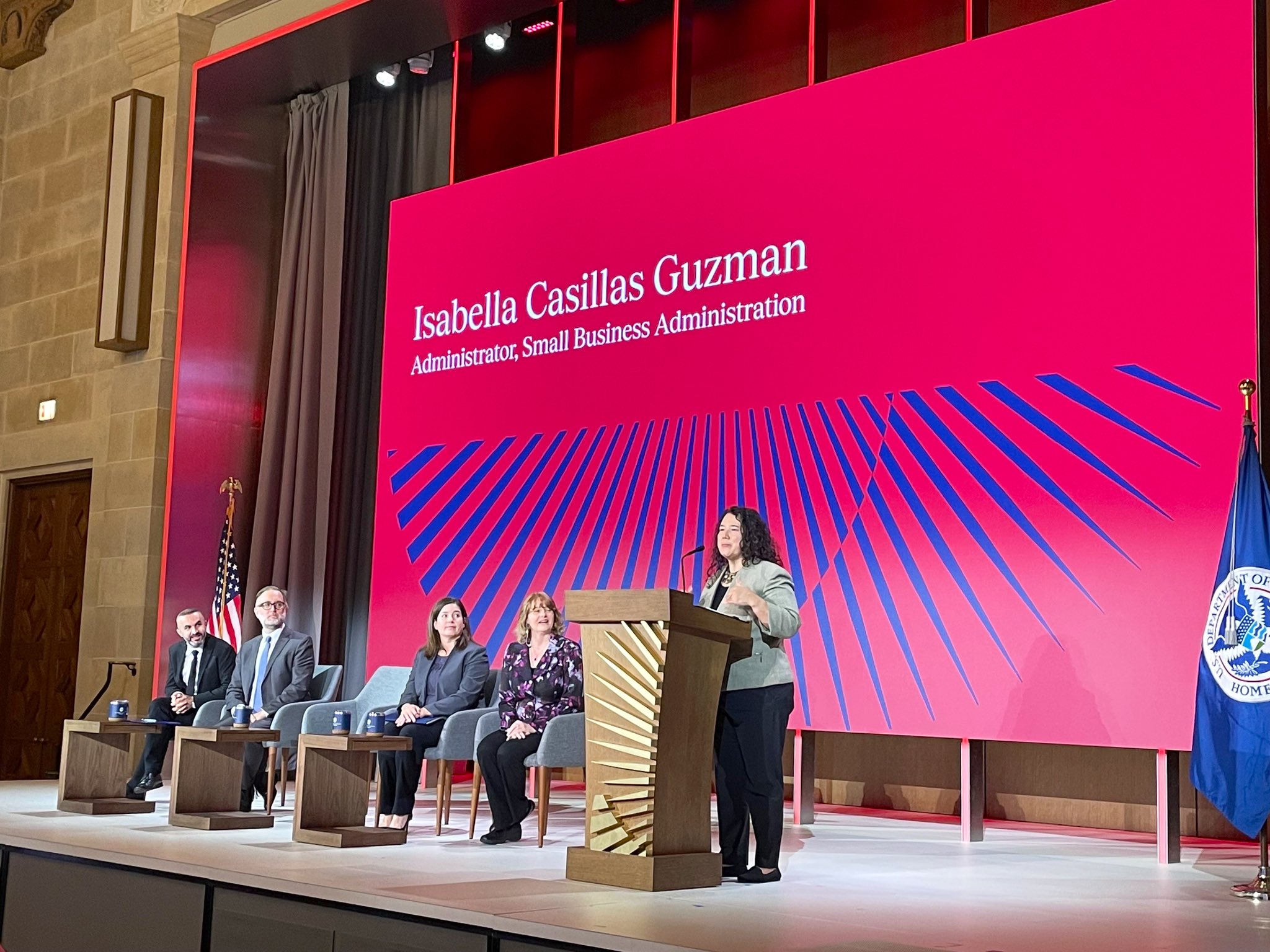

LEAVE A COMMENT:
Join the discussion! Leave a comment.